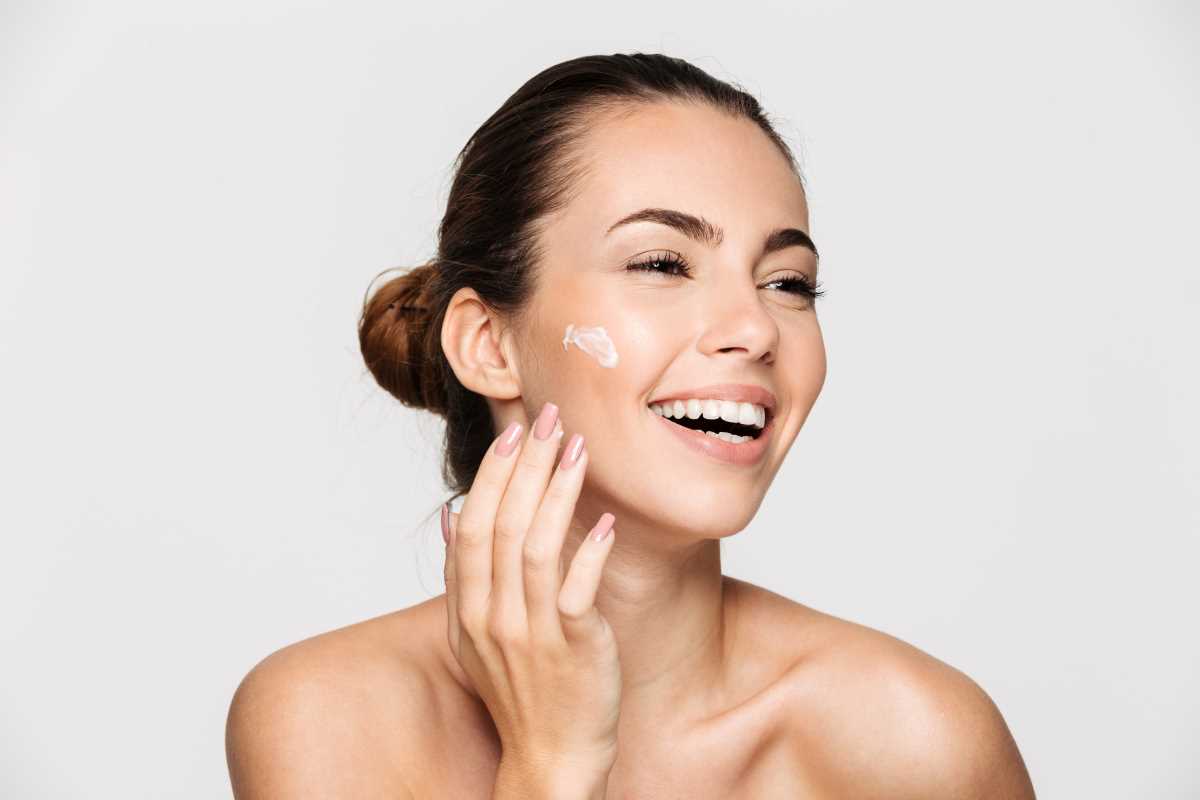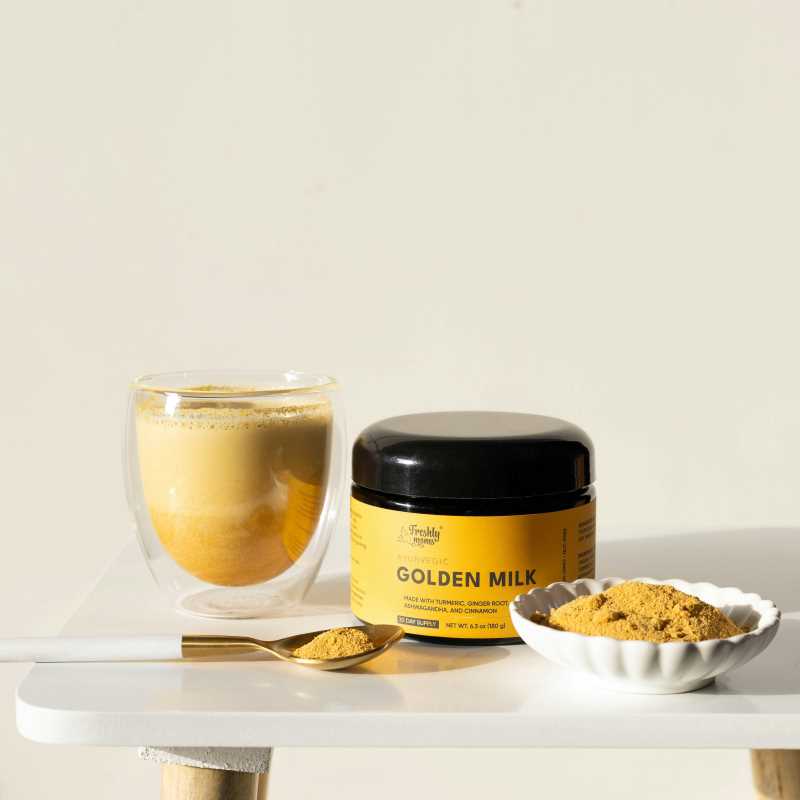Skincare is an essential part of many people's daily routines, helping to keep our skin healthy and glowing. However, not all skincare products are created equal, and some may contain harmful ingredients that can do more harm than good. Knowing what to avoid when reading skincare labels can help you make informed decisions about the products you use on your skin. Here are the top harmful skincare ingredients to steer clear of:
Parabens
Parabens are commonly used as preservatives in skincare products but have been linked to hormone disruption and potential reproductive issues. Look for products labeled as "paraben-free" to avoid these potentially harmful ingredients.
Phthalates
Phthalates are often found in fragrances in skincare products and have been associated with disrupting the endocrine system. To avoid phthalates, opt for skincare products labeled as "phthalate-free" or look for products with natural fragrances.
Sulfates
Sulfates, such as sodium lauryl sulfate and sodium laureth sulfate, are foaming agents found in many cleansers and soaps. These ingredients can be harsh and strip the skin of its natural oils, leading to dryness and irritation. Choose sulfate-free cleansers for a gentler skincare routine.
Synthetic Fragrances
Synthetic fragrances can contain a mix of potentially harmful chemicals that are not required to be listed on the label due to trade secret laws. To avoid synthetic fragrances, opt for products scented with essential oils or labeled as "fragrance-free."
Formaldehyde Releasers
Formaldehyde releasers are preservatives that slowly release formaldehyde, a known carcinogen, into skincare products over time. To steer clear of formaldehyde releasers, check ingredient lists for names like DMDM hydantoin, diazolidinyl urea, and quaternium-15.
Petroleum-based Ingredients
Petroleum-based ingredients, such as mineral oil and petrolatum, can create a barrier on the skin that prevents it from breathing and can lead to clogged pores. Instead, look for products that contain nourishing plant oils like jojoba or coconut oil.
Artificial Colors
Artificial colors in skincare products can cause irritation and allergic reactions, especially in those with sensitive skin. To avoid artificial colors, choose products that are free of synthetic dyes and opt for those with natural colorants like fruit extracts or clay.
Alcohols
Certain alcohols, such as ethanol, isopropyl alcohol, and denatured alcohol, are commonly used in skincare products to create a lightweight feel or help ingredients penetrate the skin. However, these alcohols can be overly drying and irritating, particularly for those with sensitive skin. Prolonged use of products containing these alcohols can strip the skin of its natural moisture, leading to increased dryness and potential damage to the skin barrier. Opt for products that use fatty alcohols like cetyl or stearyl alcohol, which are moisturizing and safe for the skin.
Silicones
Silicones, such as dimethicone and cyclopentasiloxane, are often added to skincare products to create a smooth, silky texture. While they can temporarily improve the feel and appearance of the skin, silicones can also form a barrier that traps dirt, oil, and bacteria, potentially leading to breakouts and congestion. Over time, they can create a dependency on silicone products for that silky finish, masking the skin's true texture. Consider using products labeled as "silicone-free" for a more breathable and natural skincare experience.
BHA and BHT
Butylated hydroxyanisole (BHA) and butylated hydroxytoluene (BHT) are synthetic antioxidants used to extend the shelf life of skincare products. However, these ingredients have been linked to potential skin irritation and, in some cases, have been classified as possible carcinogens. Long-term exposure to BHA and BHT can also lead to contact dermatitis in sensitive individuals. To avoid these risks, look for products that use natural antioxidants, like vitamin E or green tea extract, instead of synthetic preservatives.
By being mindful of the ingredients in your skincare products and avoiding these harmful additives, you can help maintain healthy, radiant skin without risking potential harm. Be sure to read labels carefully and choose products that prioritize natural, nourishing ingredients for a skincare routine that supports your skin's health and well-being.
 (Image via
(Image via





